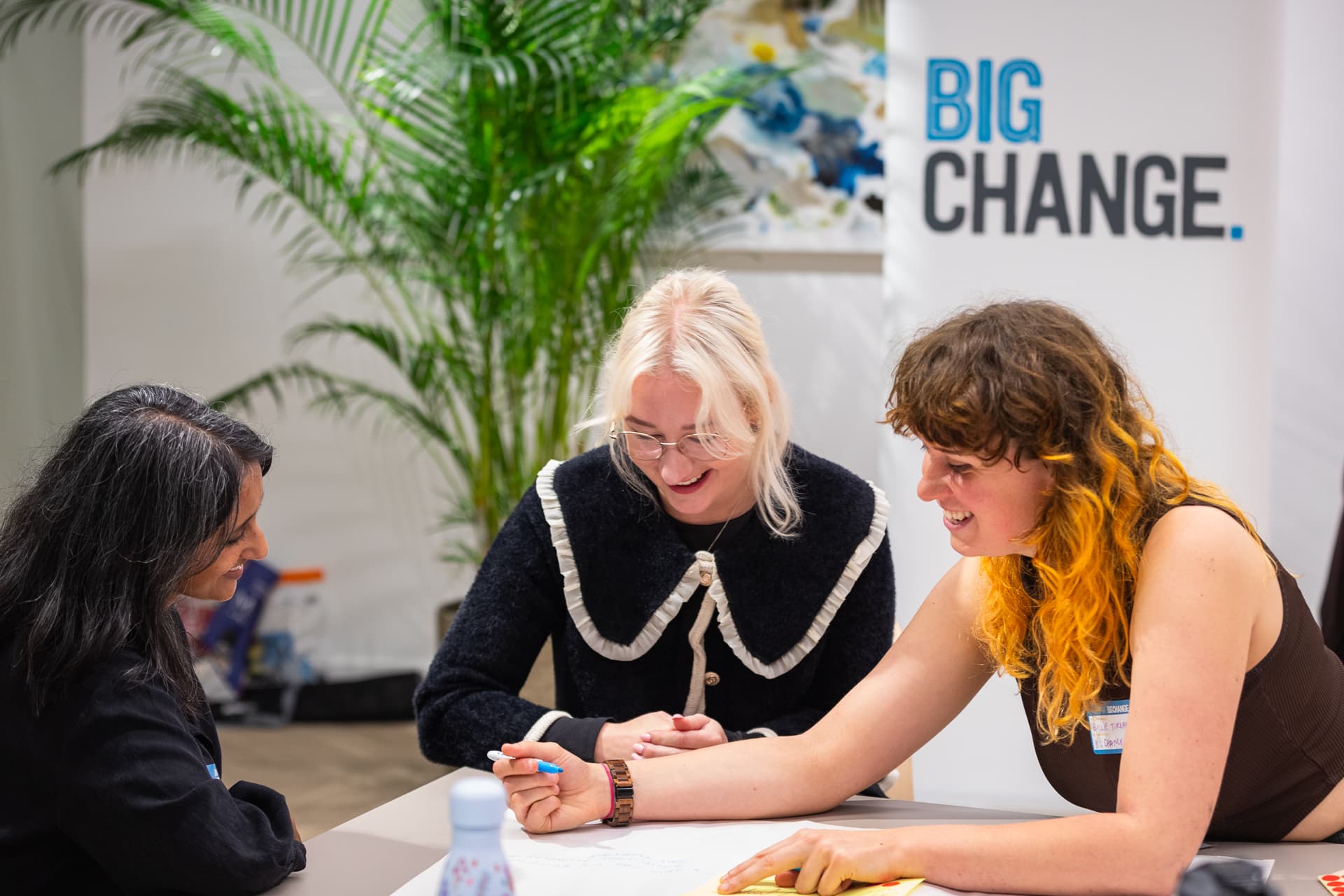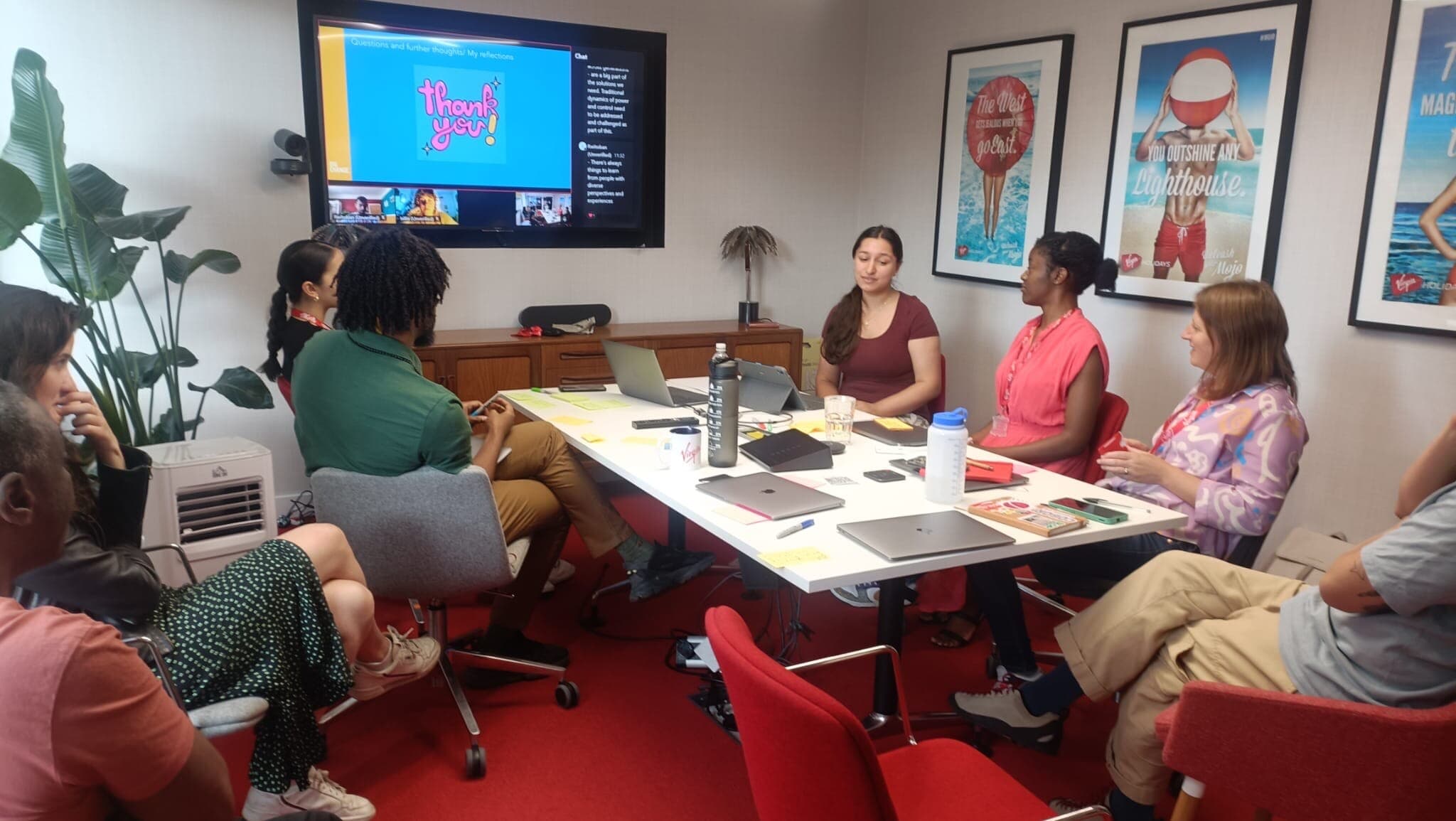
Working Together Across Generations
We're excited to share reflections and practical insights on intergenerational collaboration from a recent Big Change workshop with youth and sector leaders.
Blog
Read our latest insights, blogs, news, and reports.















Reach out to us at info@big-change.org
We'd love to hear from you!